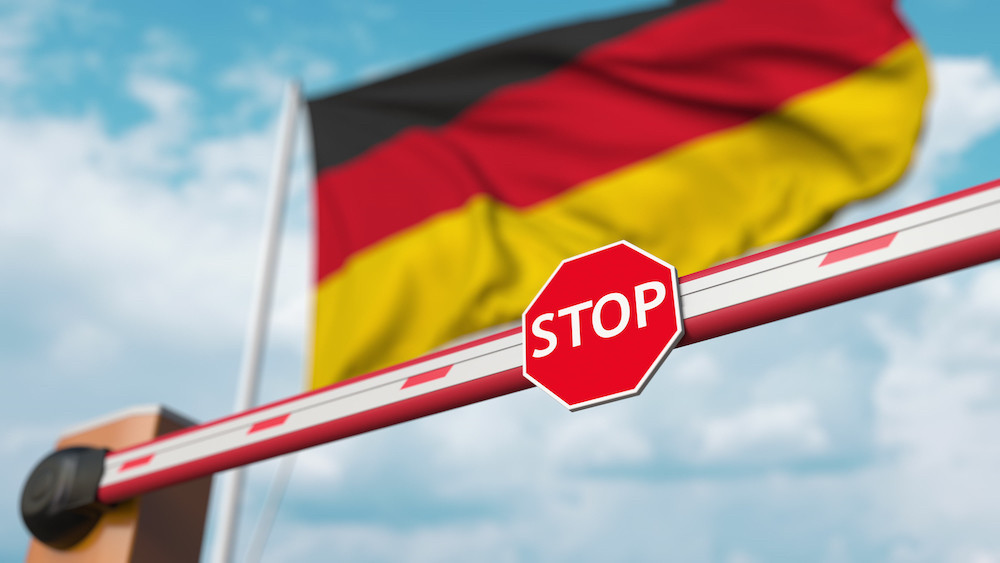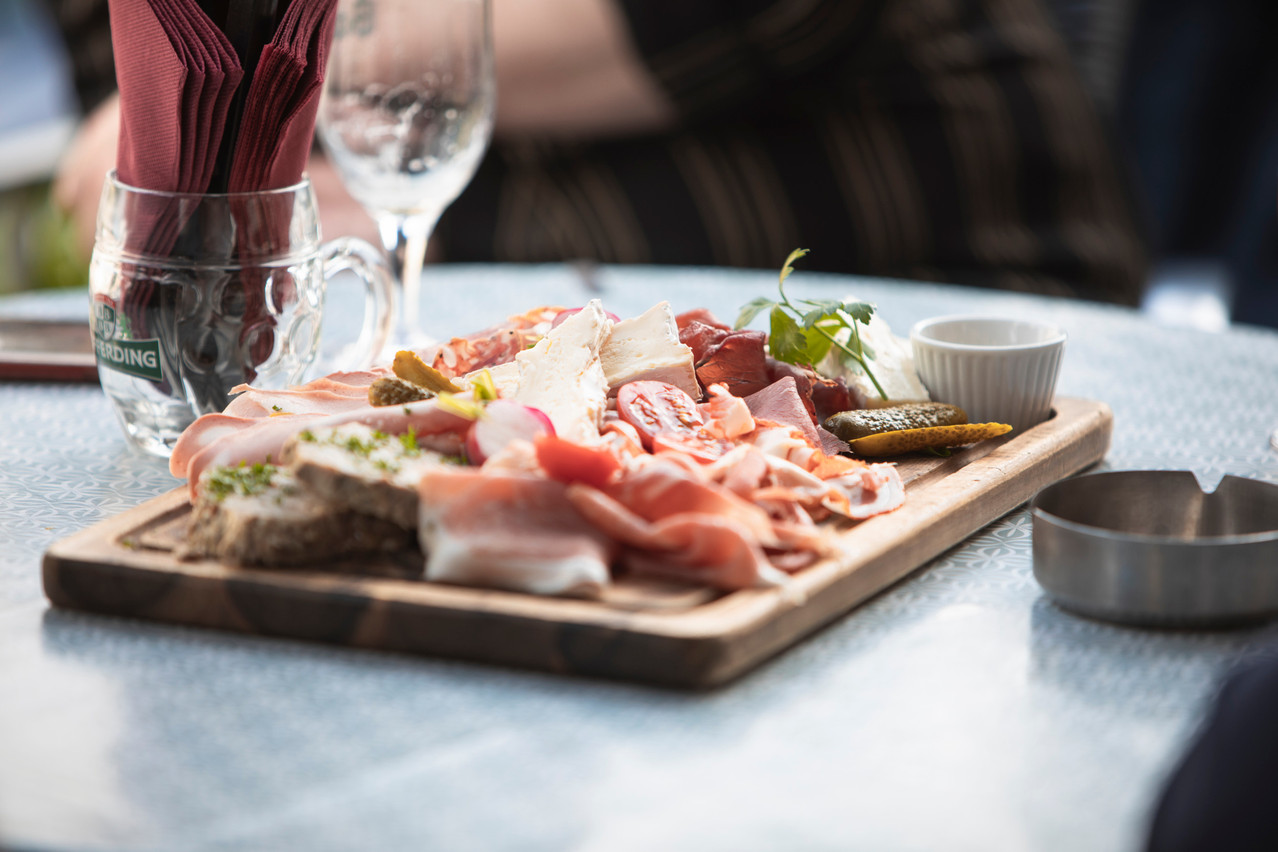Luxembourg
What are the conditions for entering the country? Citizens of the European Union and of countries associated with the Schengen area can enter Luxembourg without restrictions.
Can I go to a restaurant, bar or café? Restaurants, bars and cafés can welcome the public both indoors and outdoors. However, the reception of customers depends on the regime under which these establishments operate.
Under the CovidCheck system, entry is reserved exclusively for people who have been vaccinated, recovered or tested negative (either self-tested on the spot or certified negative), with children under the age of 6 being exempt. Under the system there are no specific sanitary measures, such as the wearing of masks by patrons and staff, distance between tables, etc.
If the establishment does not operate under the CovidCheck scheme, it can welcome everyone, but it must respect restrictions. These include a space of at least 1.5 metres (or a physical separation) between each table, the wearing of a mask is compulsory for staff and for customer when not seated.
France
What are the conditions for entering the country? Travellers crossing the border from Luxembourg, Belgium or Germany are required to be (fully) vaccinated, to provide (from 12 years of age) a PCR test less than 72 hours old or a negative antigen test less than 48 hours old. But, as a general rule, there are very few border controls.
Going to a restaurant, bar or café? France’s "health pass", similar to Luxembourg’s CovidCheck, has been compulsory since 21 July in places of leisure and culture (cinemas, museums, etc.) that gather more than 50 people. The pass serves as proof of vaccination, recovery from covid-19 (at least two weeks and no more than six months) or a negative test less than 48 hours old.
Subject to validation by the Constitutional Council, it will be extended on 9 August to cafés, restaurants, trade fairs and exhibitions, aeroplanes, trains and long-distance buses, as well as medical establishments. Without this pass, it should no longer be possible to go to a restaurant.
It should be noted that, for non-French nationals, the national version of the certificate (CovidCheck in Luxembourg, CovidSafe in Belgium, etc.) functions in France as a "health pass".
Belgium
Under what conditions can I enter the country? If you stay less than 48 hours in Belgium, you do not need to do anything. If, however, you stay longer than two days, you have to fill in a passenger location form and you may have to undergo a test or quarantine, depending on the country you come from and whether you are fully vaccinated or not.
Going to a restaurant, bar or café? In an interview with the newspaper La Dernière Heure, Belgian Prime Minister Alexander De Croo recently declared that Belgium would not impose a "health pass" to enter a restaurant or café, as is the case in France.
So everyone is allowed in, and you can sit at a table with up to 8 people (or with the people you live with, children under 12 are not included). You must wear a mask, except when you are sitting at a table.

As of Sunday 1 August, all travellers (aged 12 and over) to Germany must present a negative test, a certificate of recovery or a certificate of vaccination. (Photo: Shutterstock)
Germany
What are the conditions for entering the country? Since Sunday 1 August, all travellers (from the age of 12) to Germany must present a negative test (PCR or antigen test), a certificate of recovery (recovered for at least 28 days and at most six months) or a certificate of vaccination. Exceptions apply for cross-border workers and stays of less than 24 hours.
Going to a restaurant, bar or café? The 16 German Länder are entitled to establish their own sanitary rules, even if some common lines remain, such as the compulsory wearing of a mask in all enclosed places open to the public and outside (queues, shopping streets, etc.) when the situation requires it.
As far as the hotel and catering industry is concerned, different situations can be found in the two Länder neighbouring Luxembourg. In Rhineland-Palatinate, it is no longer necessary to make an advance reservation at the restaurant, nor to present a health document at the entrance. Instead, customers have to fill in a form with their name, surname and contact details.
In the Saarland, reservations are required for indoor dining, the number of people per table is limited to ten, and a proof of health is required (vaccination certificate, proof of recovery, negative antigen or PCR test less than 24 hours old).
This article was first published in French on . It has been translated and edited for Delano.
